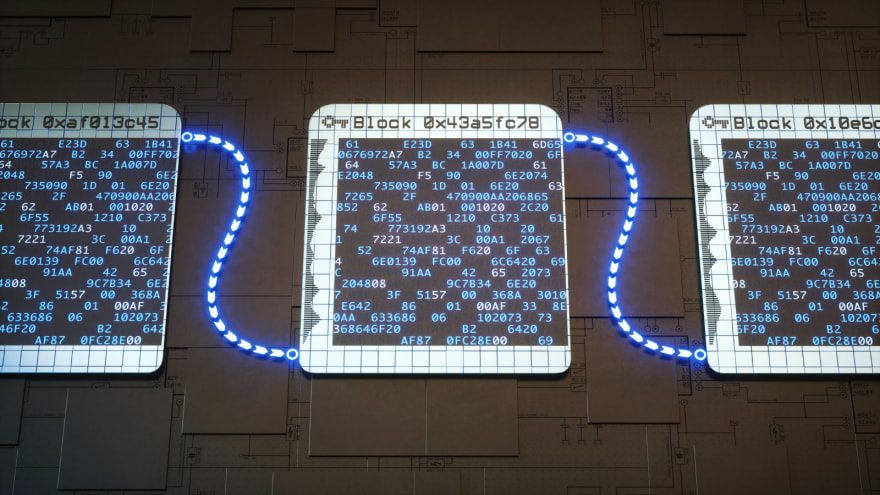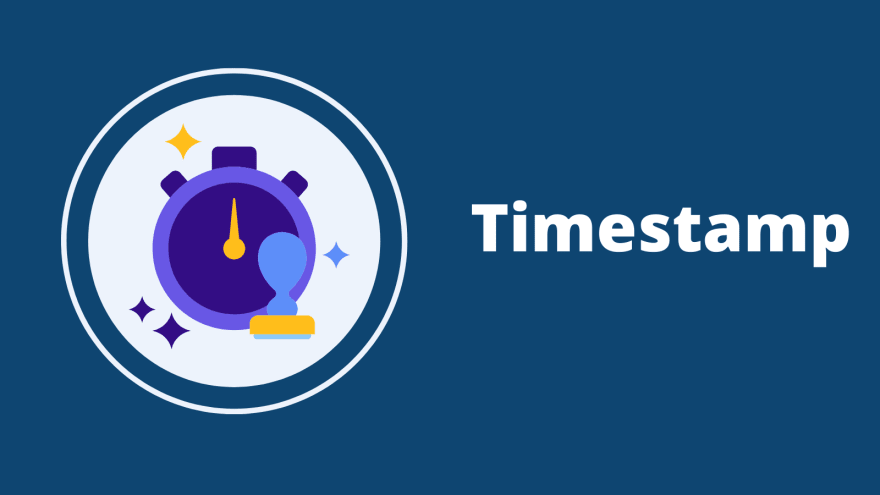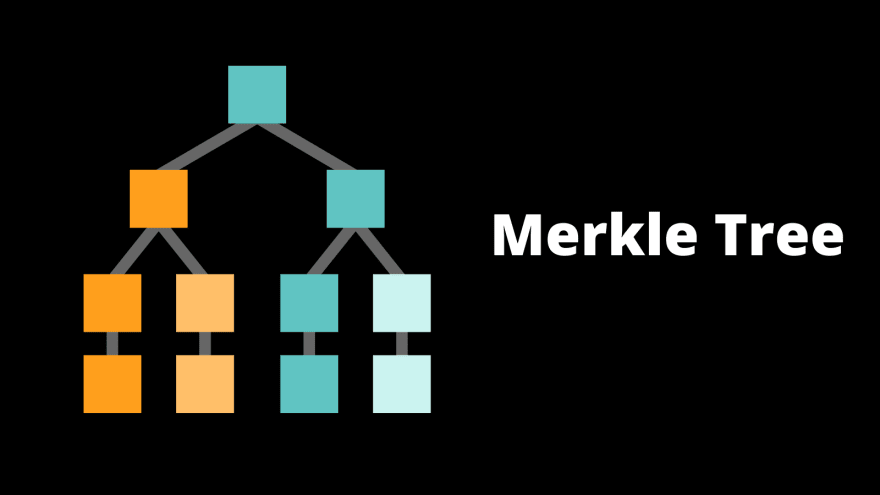Hey everyone 👋🏻,
In this article, let us understand the Structure of a Block in a Blockchain. This is the second part of my Blockchain Series.
📦 ↔ 📦 ↔ 📦 ↔ 📦 ↔ 📦 ↔ 📦
The Structure of a Block in a Blockchain ⛓ ?

Blockchain, as we know, is a shared digital ledger that records a list of transactions that happen throughout the network. Now this can pretty quickly become longer thus ending with a never ending list of transactions. To get more fine grain control, it is split into a chain.
Right. A chain of blocks ⛓📦.
So let us understand what a block 📦 is:
📦 Block is kind of a box into which we group all the transactions that we want to add to the blockchain.
Other than a list of transactions, a block also holds a couple of other things.
In the header of the block , we have a couple of other things:
👉🏻Previous block hash
👉🏻Timestamp (the time a black was made)
👉🏻Merkle Root
👉🏻Nonce
✏ Previous Block Hash
It is the hash value for the block that comes directly before the given block in the chain. This is what helps in connecting the blocks of our blockchain.
Timestamp ⏲✏
It is the time that represents when the block was made. This helps us in knowing when certain transactions took place and also solves other problems which we will discuss a bit later.

Merkle Root 🌴
It is the hash that represents the entire transactions that happened inside the block.
To find the Merkle Root, pair of transactions within the block are repeatedly hashed together until we are left with a single hash value.

Nonce
Nonce stands for “number only used once,” which is a number added to a hashed block in a blockchain that, when rehashed, meets the difficulty level restrictions. The nonce is the number that blockchain miners are solving for, in order to receive cryptocurrency. We will learn more on this in a separate article on Bitcoin
So this is it for the second article on Blockchain. Thanks for reading !






![Understanding the Events Reactivity System of Node.js and The Event Emitter Class [video]](https://the-nerdy-dev.com/wp-content/uploads/2022/06/event-emitter-6853429-150x150.webp)
